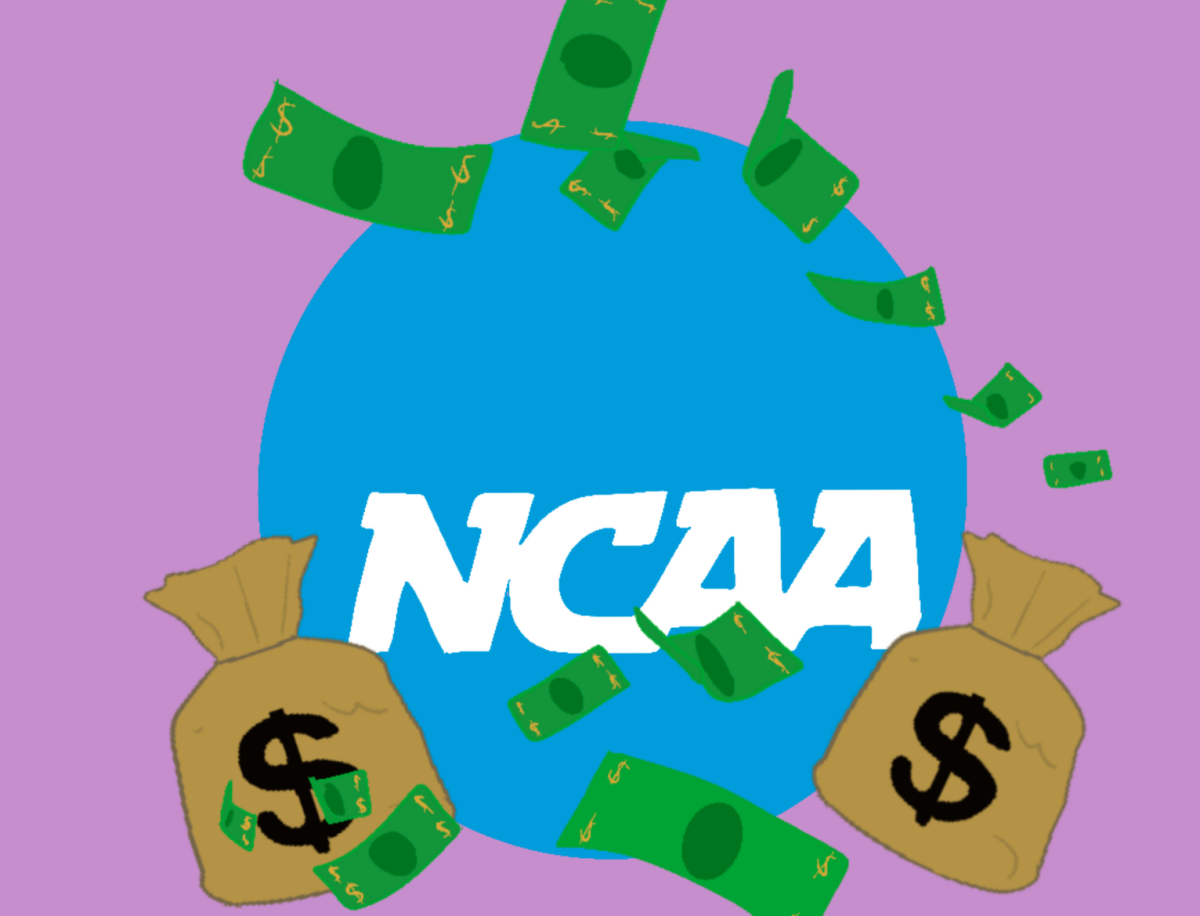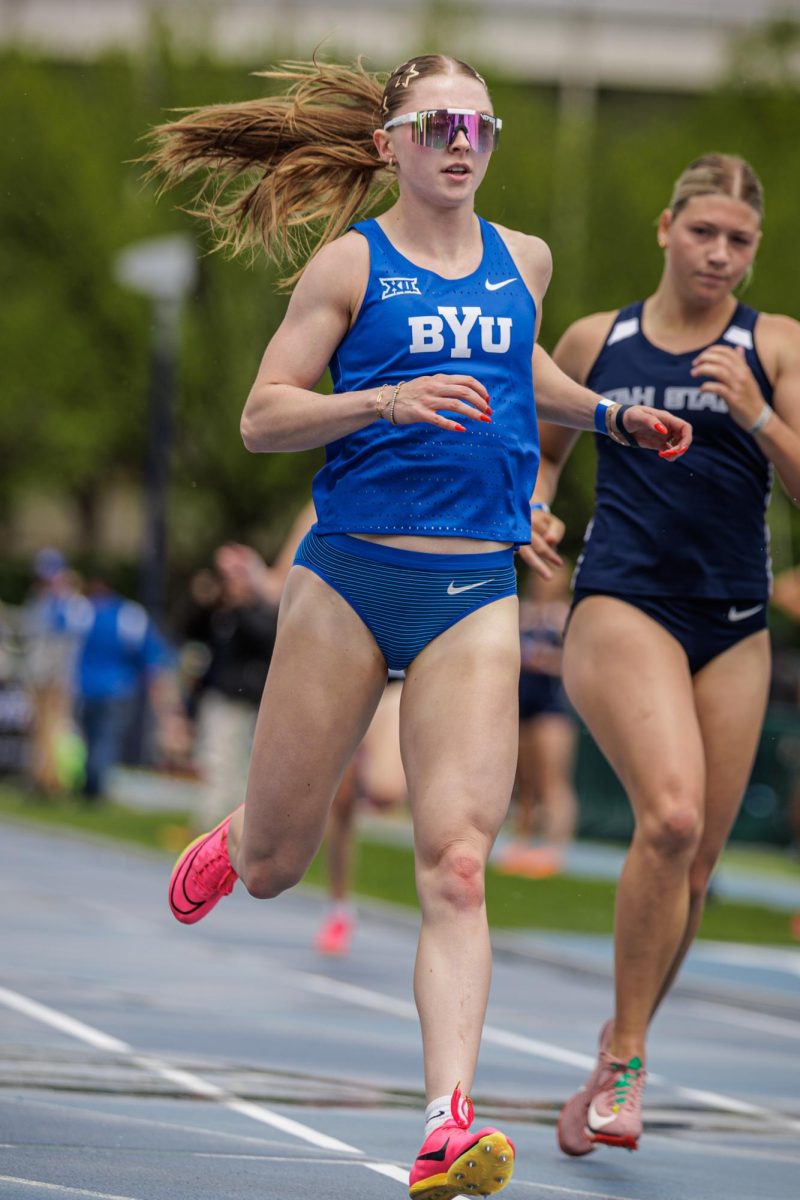In recent years, Name, Image and Likeness (NIL) has become a huge part of collegiate sports. This has meant significant change for sports teams, and it spreads further than just individual athletes getting payment.
College athletes are now able to monetize their name, image and likeness. Many athletes have personal brand deals as well as payments from schools’ NIL collective. This is a positive in most athletes’ minds, as they get to use their name for deals, items and money. These changes have even reached as far as Tualatin High School.
Tualatin athletes will be compensated for their collegiate careers, instead of striving to go pro to make money with their abilities. The Wolf talked with senior Kenen Elder about this subject. Elder is committed to Portland State University for football. We asked for his thoughts on the recent changes in the last couple years regarding the NCAA and payments to college athletes.
“I think it’s a positive that college athletes are getting paid because I feel like it was unfair in the past. It has changed college sports a lot, but I’m glad the rules changed,” he said.
Tualatin has been sending great athletes on to play at the college level, and our sports programs are the most successful they’ve ever been. Many of the athletes in the Class of 2024, one of the most athletic classes in Tualatin’s history, will be monetized if they play well or build a good brand, although we are only starting to realize the long term effects of NIL and what the real impact of the changes will be.
The potential for new opportunities is clear, but we will respect privacy and not ask any Tualatin High athletes about what NIL they will be receiving as they go to college. Nevertheless, there’s a different feeling among college athletes that have already played their careers: regret.
Former athletes in the NCAA have missed out on a life-changing amount of money. Some have lost even more than that, such as Reggie Bush, who played for the USC Trojans and later played in the NFL for the Buffalo Bills, Miami Dolphins, Detroit Lions and the San Francisco 49ers. He went on to become an on-air college football analyst for FOX sports, having lost achievements and awards for accepting payments before it was legal. Some of the most famous college athletes missed out on up to $10 million from playing before NIL was created and brand deals were allowed.
Some changes don’t have the same positive impact. Loyalty and a school’s legacy both have taken hits. Athletes no longer have to remain steadfast in commitments to schools, as they are allowed to transfer now if a better deal comes along. Players are more likely to leave to go to colleges that pay them more than their former schools. A lot of schools focus on building connections with players after their collegiate careers are over. Now this is barely a part of the equation. Changing teams and transferring will definitely be more frequent and has been in the small time frame since this change has been made.
Some think it’ll ruin college sports, and others think it evened the playing field, leading more recruits away from the most historic teams in all of sports.
All in all, NIL changed the course of the NCAA itself,and reached further than just a simple change of policies. With the possibility of financial empowerment as a result of the new changes in collegiate sports, this will be one of the most intriguing times for sports at one of the highest levels. These changes are considered positive by some and negative by others, but regardless, everyone agrees that this is a huge change that alters Tualatin students’ plans for the future in their college careers.



